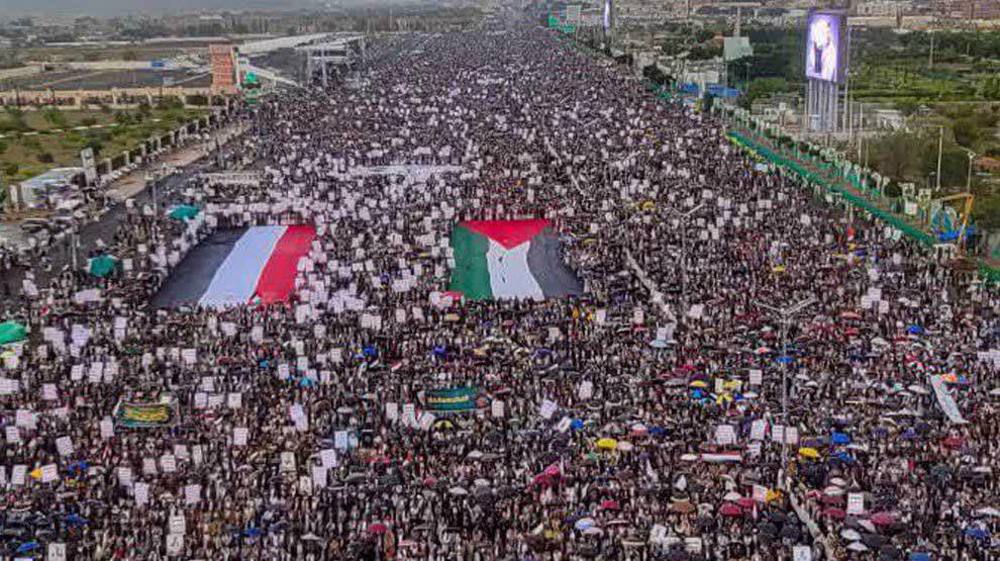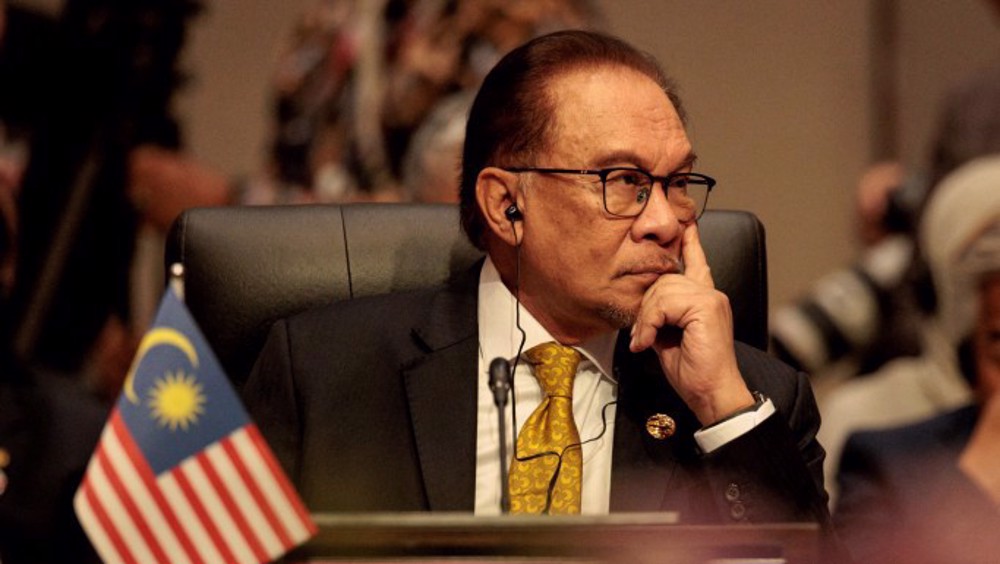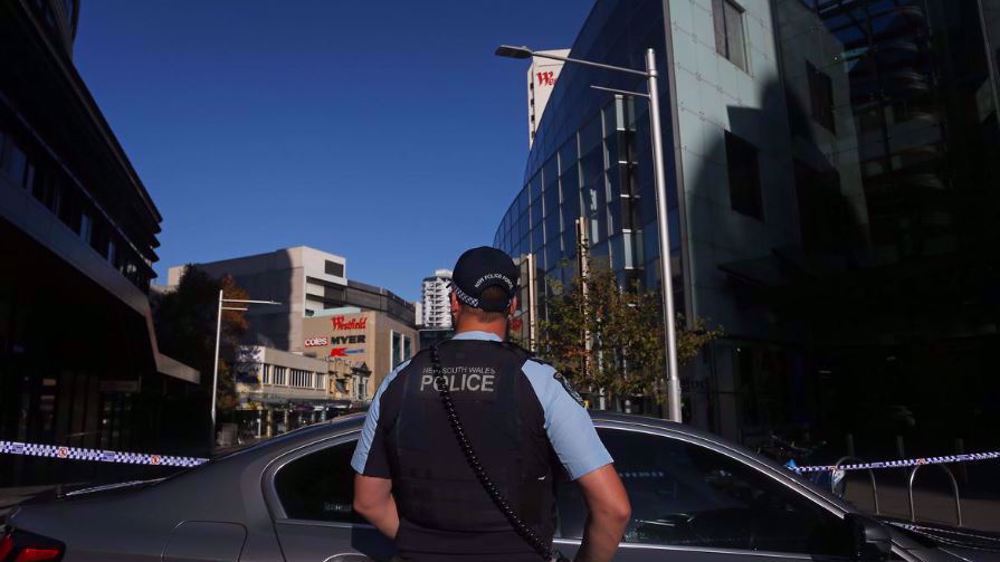Philippine president pledges to ignore Supreme Court over martial law
Philippine President Rodrigo Duterte says he will disregard the Supreme Court and Congress of the Philippines over a martial law he imposed across the southern regions of the country to curb terror groups, despite the constitution giving the pair of top legal bodies oversight.
“Until the police and the armed forces say the Philippines is safe, this martial law will continue. I will not listen to others. The Supreme Court, Congress, they are not here,” Duterte on Saturday told troops who were deployed on Jolo, a southern island that is under the martial law.
President Duterte's comments came four days after he declared the so-called measure to be enforced on Mindanao, the country’s second-largest island, to stem the spread of Takfiri militancy, a fresh wave of which erupted a few hours before the imposition of the measure.
On Tuesday, dozens of gunmen went on a rampage throughout Marawi City, the capital of Lanao del Sur province on Mindanao, in retaliation for an operation being carried out by security forces aimed at arresting Isnilon Hapilon, a veteran Filipino militant regarded as the local leader of Daesh-affiliated militants.
According to the constitution, the Philippines' bicameral legislature, composed of the Senate, or the upper chamber, and the House of Representatives, or the lower chamber, can revoke the martial law within 48 hours after its introduction.
The congress is also required to approve a presidential declaration of the measure, and furthermore, to limit it for 60 days. The president can also extend the martial law providing that he or she, for a second time, wins the congressional endorsement. However, Duterte seemingly relies on his overwhelming support in the congress.
The Supreme Court, for its part, can also review the measure's legality.

"The Supreme Court will say they will examine into the factual (basis). Why I don't know. They are not soldiers. They do not know what is happening on the ground," said Duterte.
In 1986, when the famous People Power Revolution finally managed to topple President Ferdinand Marcos, some nine years had been passed since he had imposed a military rule across the country in an attempt to oppose growing waves of popular opposition and to resist his ouster, but all to no avail.
In 1987, the constitution introduced limits on the measure lest future presidents repeat the abuses carried out under Marcos' dictatorial regime.
On Wednesday, Duterte, however, hailed the nine years of Marcos' infamous martial law, describing it as "very good." He added that his would be similar to that of Marcos.
"During martial law, your commanders, you, you can arrest any person, search any house. There is no more warrant needed," Duterte addressed army troops on Friday.

His comments, however, was not in line with a statement released by the government's information agency, which said in order to arrest or search due warrants should be issued beforehand.
"No person may be arrested and detained without orders coming from civil courts," the statement added.
Supreme Court chief justice Maria Lourdes Serreno has already voiced concern about the current martial law, which enables the military to enforce order and allows it to detain people without charge for long periods.
The development came as truckloads of soldiers were also seen driving into Marawi. The city is one of the largest Muslim-populated in the country with a population of nearly 200,000 residents, most of whom have been evacuated due to the ongoing fighting. Reports say that at least 2,000 have been trapped in the city.
On Saturday, the military announced that it had found 16 civilians, who had been gunned down by terrorists.
Military spokesman Brigadier General Restituto Padilla reported that the bodies of four men, three women and a child, had been discovered in the vicinity of a road close to the Mindanao State University in Marawi. Eight other men, all shot in the head, were found in a shallow ravine in Marawi's Emi village.
Duterte has pledged to remove the threat of Daesh-linked militants, whom he accuses of belonging to the local Maute terrorist group and being backed by criminals in the area.
US will pull out military personnel from Niger: Report
US sanctions on Venezuelan oil ‘violation of human rights’: Iran
VIDEO | Hundreds of students take to streets in Milan in support of Palestine
UN warns hundreds of thousands of Sudanese under ‘immediate danger’
Iraqi resistance strikes ‘vital’ target in Eilat after Israel attacks PMU base
North Korea conducts cruise missile warhead test: State media
Israeli airstrike kills at least 7 people in Rafah
VIDEO | Iranians hold nationwide demos in support of IRGC














 This makes it easy to access the Press TV website
This makes it easy to access the Press TV website